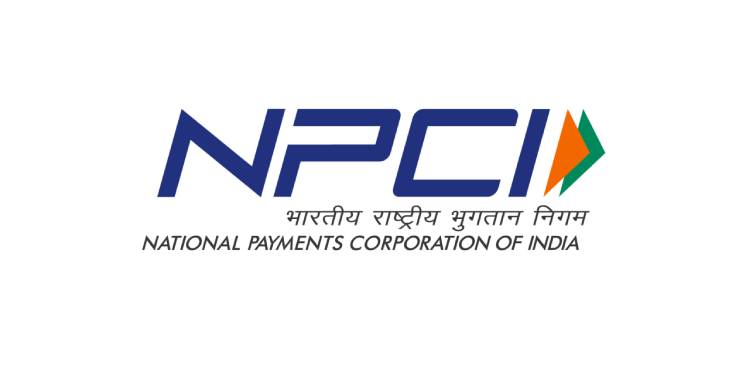Mumbai: In its ongoing efforts to drive financial security and awareness in India’s rapidly evolving digital economy, the National Payments Corporation of India (NPCI) has launched a campaign to educate citizens about the growing threat of ‘Digital Arrest’ frauds. These sophisticated online scams are designed to manipulate fear and urgency, leading victims to fall prey to fraudsters masquerading as law enforcement officials.
Digital payments have become an integral part of India’s push towards a digital-first economy, offering both security and convenience. However, as the adoption of digital transactions increases, so do the risks associated with online fraud. NPCI is committed to safeguarding users by equipping them with knowledge to identify and avoid potential scams, ultimately helping to foster a safer, less-cash society.
What is ‘Digital Arrest’?
In a ‘Digital Arrest’ scam, fraudsters pose as law enforcement officers, making fraudulent claims about legal issues involving the victim or their family. These scammers use scare tactics, including the threat of a digital arrest warrant for alleged financial misconduct or other crimes, such as money laundering or tax evasion. The scam typically begins with a phone call, which may then escalate to a video call using platforms like WhatsApp or Skype, in which the perpetrators try to convince the victim of the urgency and gravity of the situation. Victims are often coerced into transferring money or sharing sensitive personal information, leading to both financial loss and the risk of identity theft.
How to Identify a ‘Digital Arrest’ Scam
NPCI highlights several red flags to help users recognize and avoid falling victim to these fraudulent schemes:
1. Unexpected Contact from ‘Officials’: Be wary if someone contacts you claiming to be from government agencies such as the police, CBI, or income tax officers. These scammers often make urgent, alarming claims about legal action being taken against you or your family for alleged criminal activities.
2. Fear-Based Language and Urgency: Scammers will often use threatening language and create a sense of immediate urgency. They may ask to speak via video call, posing as law enforcement officers in uniform and using official-sounding backgrounds to appear legitimate.
3. Requests for Sensitive Information or Payment: Fraudsters may demand large sums of money or personal details, claiming it is needed to clear up legal issues. They often use terms like “clearing your name” or “refundable security deposit,” convincing victims to transfer money to specified accounts.
Practical Steps to Stay Protected
NPCI urges citizens to take the following steps to protect themselves from falling for ‘Digital Arrest’ scams:
– Pause and Verify: If you receive a suspicious call or message, take a moment to pause and verify the situation. Real government agencies will never request money or handle legal cases through phone calls or video chats. Always verify the caller’s identity before taking any action.
– Use Official Support Channels: Report any suspicious calls or messages to the national cybercrime helpline at 1930 or through the Department of Telecommunication’s official platform [Sancharsaathi](https://sancharsaathi.gov.in/sfc/).
– Record and Report: Keep records of all interactions with suspicious callers, including screenshots and messages. These can serve as evidence if you need to report the scam to authorities.
NPCI’s latest awareness campaign is a timely reminder of the importance of staying vigilant and taking proactive steps to protect oneself from digital fraud. With the rise of digital payments, NPCI remains dedicated to empowering citizens with the knowledge they need to navigate the digital landscape securely, ensuring that India’s digital-first economy remains a safe space for all.

















